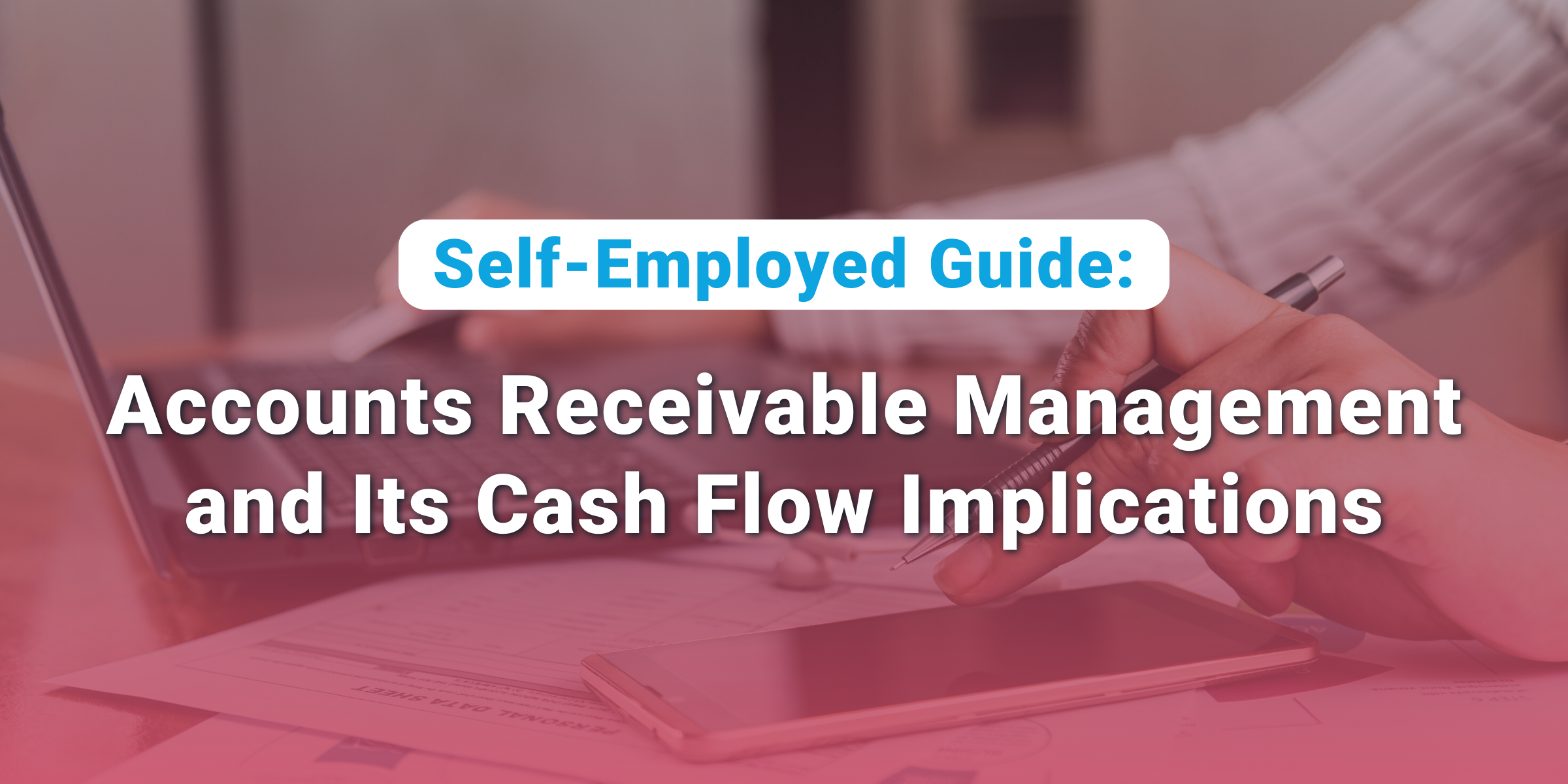Being self-employed in the Philippines comes with its own set of financial challenges and responsibilities, especially when it comes to taxes. However, there are smart strategies you can employ to navigate these challenges and maximize your income while minimizing your tax liability. In this article, we will delve into the world of accounts receivable and how managing it wisely can lead to substantial tax savings for Filipino self-employed individuals.
Understanding Accounts Receivable:
Accounts receivable, often abbreviated as AR, represents the money owed to you by your clients or customers for the goods or services you’ve provided. It’s an essential part of your income, but it’s also an area where savvy management can result in legitimate tax savings.
- Timely Invoicing:
The first step in mastering accounts receivable is to send out invoices promptly. Ensure that your invoices are complete, including all necessary details. Timely invoicing not only encourages faster payments but also aids in accurate income reporting for tax purposes.
- Monitor Payment Aging:
Keep a watchful eye on the aging of your accounts receivable. This means tracking how long invoices have been outstanding. Aging reports help you identify overdue accounts and take appropriate actions, such as sending reminders or initiating collection procedures. They also assist in determining your taxable income based on actual receipts.
- Discounts for Early Payments:
Consider offering discounts to clients who settle their invoices early. This can incentivize prompt payment, which not only helps with cash flow but also reduces your taxable income for the tax year.
- Bad Debt Deductions:
In cases where you are unable to collect payments from clients, you can write off these uncollectible debts as bad debts for tax purposes. This reduces your taxable income, thereby lowering your tax liability. Make sure to adhere to tax regulations and maintain proper documentation for these deductions.
- Maintain Separation Between Business and Personal Finances:
It’s crucial to maintain a clear separation between your business and personal finances. Keeping separate bank accounts and financial records for your business ensures accurate accounting and tax reporting. This, in turn, helps you maximize tax deductions and credits available to self-employed individuals.
- Seek Professional Guidance:
Tax laws and regulations can be intricate, and they may change over time. It’s advisable to consult tax professionals who specialize in self-employment taxation in the Philippines. They can provide expert advice tailored to your unique situation and help you make informed decisions to optimize your tax savings.

That’s where Beppo App shines as your trusted ally. Beppo offers simplified bookkeeping and tax filing services that are not only expertly done but also budget-friendly.
Additionally, Beppo App provides a user-friendly invoicing tool with integrated payment collection feature, streamlining your financial processes even further. Whether you prefer a “done-with-you” approach or need the convenience of “done-for-you” services, Beppo App has you covered.
By implementing these strategies and staying informed about taxes, you can enhance your financial position, minimize your tax liability, and attain greater financial stability in your self-employment journey. Keep in mind that effective financial management is an ongoing process, so remain vigilant and adapt to changes in your business and the tax landscape.
There’s no better time to use the Beppo App than now. Connect with Beppo to know more. Or visit our website https://beppo.com.

